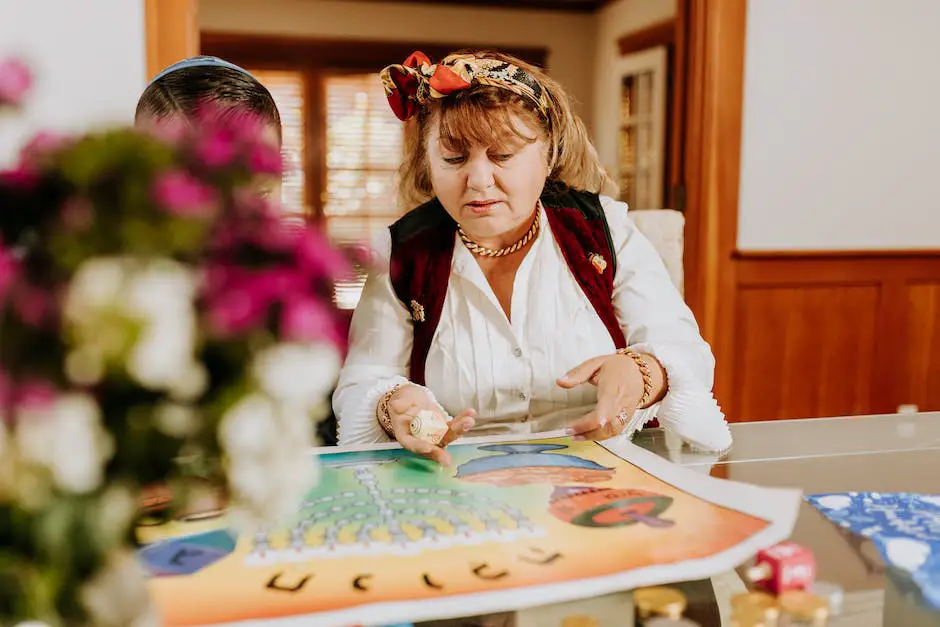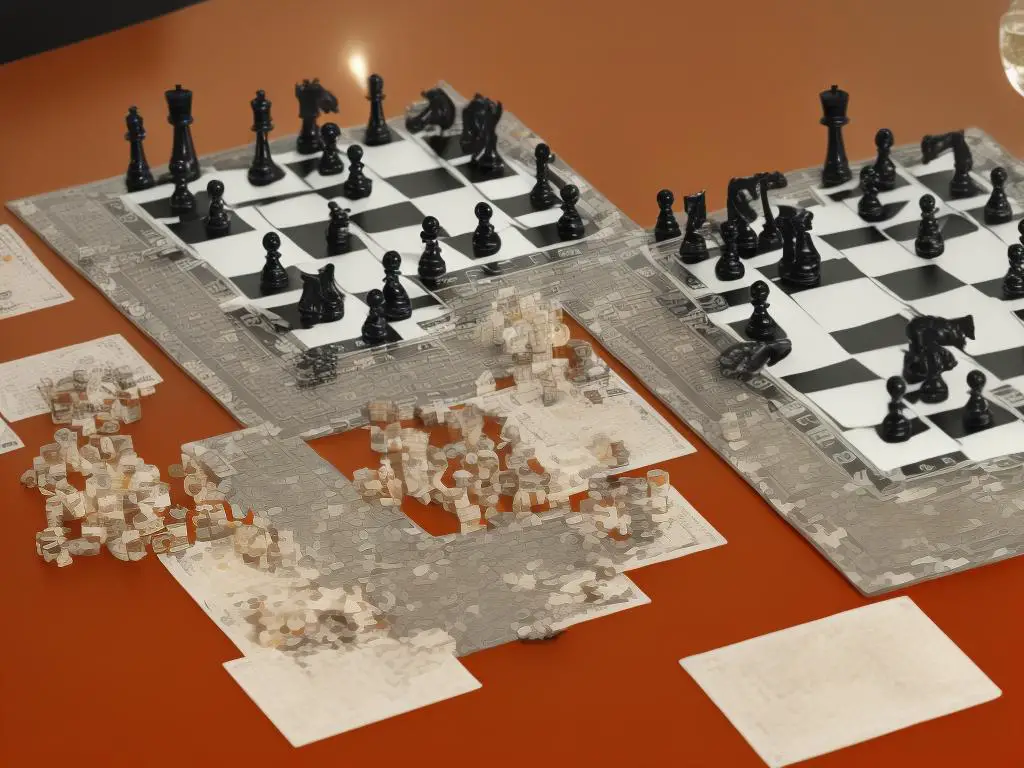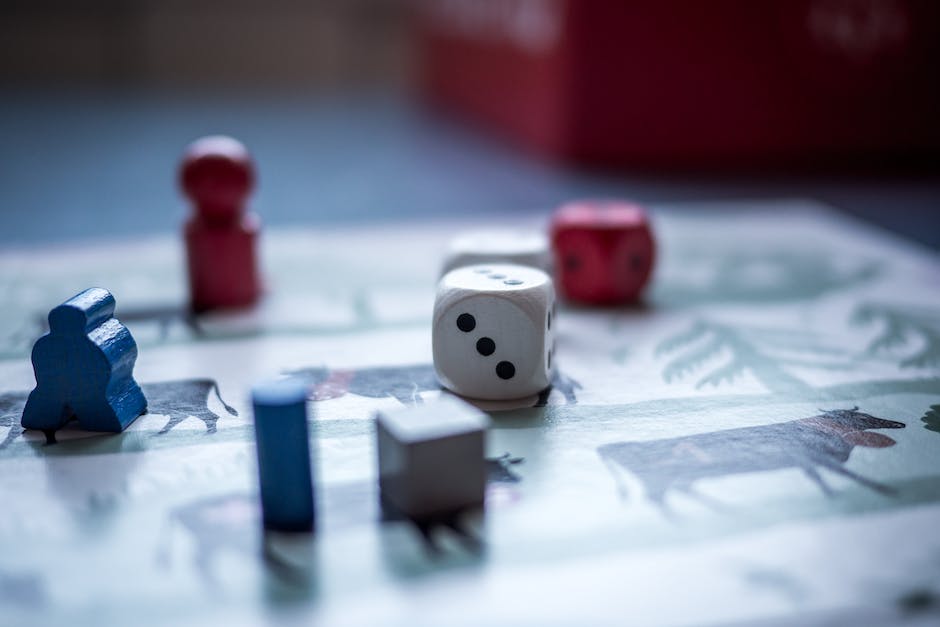Throughout history, classic board games have captivated generations with their strategic intricacies, imaginative themes, and engaging gameplay. As iconic staples of friendly gatherings and family bonding, games such as Monopoly, Chess, and Scrabble have remained beloved pastimes for centuries. While the digital world relentlessly competes for our attention, this essay explores the enduring appeal of these timeless treasures, delving into their rich history and the impact they have had on culture and society.
History of Classic Board Games
Origins and Development of Classic Board Games
The history of classic board games can be traced back to ancient civilizations. For instance, the origins of chess are rooted in the 6th century Indian game chaturanga. As trade and cultural exchanges between India, Persia, and Europe occurred, the game evolved, resulting in the birth of modern chess. Another example is the Royal Game of Ur, one of the oldest known board games dating back to 2600 BC, played in ancient Mesopotamia.
Board games like Monopoly and Scrabble emerged during the 20th century and quickly became popular pastimes worldwide. Monopoly, created in 1933 by American Charles Darrow, is based on buying and trading properties, and the game has since sold more than 250 million copies in 103 countries and 37 languages. Scrabble, invented in 1948 by American architect Alfred Mosher Butts, has maintained its popularity as a challenging and educational word game enjoyed by millions worldwide.
Impact on Culture and Society
Throughout history, classic board games have had a significant influence on culture and society. These games have brought people together from diverse backgrounds, encouraging communication and fostering healthy competition. Additionally, classic board games have served as educational tools, teaching children valuable life lessons such as sportsmanship, patience, and strategic thinking. In recent years, there has been a resurgence of interest in these games, with board game cafes and social clubs appearing in cities around the world. This renewed enthusiasm for classic board games highlights their enduring appeal and their continued importance in our lives.

Rules and Strategies of Classic Board Games
Classic Board Game Rules and Gameplay
To ensure fair play and an enjoyable experience, classic board games come with rules and instructions that players must follow. Some of the most well-known classic board games include chess, checkers, Monopoly, and Scrabble, each requiring a solid understanding of the rules and gameplay for a seamless experience.
For instance, chess is played on an 8×8 grid, where each player strategically moves their 16 pieces with the ultimate goal of achieving a checkmate. This happens when the opponent’s king is in direct threat of capture with no possible escape moves. In contrast, checkers is also played on an 8×8 board but involves more straightforward movement and jumping actions of the game pieces, with the objective being to capture all of your opponent’s pieces or to block them from making any legal moves. Monopoly is a real estate trading game in which players move around the board purchasing properties and collecting rent, aiming to secure a monopoly on an entire color set and bankrupting opponents through rent charges. Finally, Scrabble is a word-based game where players create words on a 15×15 grid, earning points by strategically utilizing high-value tiles and bonus squares on the board.
Classic Board Game Strategies
Each classic board game offers unique challenges that require strategic thinking and skill development to improve one’s chances of winning. In chess, a deep understanding of the game’s dynamics, piece values, and essential opening moves is crucial to achieving success. Players often invest time learning the theories behind openings, mid-game and end-game scenarios, and tactics such as forks, pins, and skewers.
In checkers, players should focus on maintaining a strong defensive position in the early game before transitioning to a more offensive posture in the latter stages. Advancing pieces together and avoiding excessive double or triple jumps can help maintain solid positions. For Monopoly enthusiasts, the key to winning lies in asset management, wise purchasing decisions, and timely trade negotiations. Players should analyze the probability of landing on various properties and the potential returns on investment. In Scrabble, expanding your vocabulary, memorizing high-scoring words, and understanding tile placement strategies can greatly increase your chances of success.
Delving into the world of classic board games offers not only an engaging and entertaining experience with friends and family but also an opportunity to hone key concepts and strategies. These games, which have stood the test of time, can contribute to the development of cognitive abilities, problem-solving skills, and strategic thinking, making them valuable pastimes for players of all ages.

Reviving Classic Board Games in the Modern Era
Timeless Entertainment
Though technology has become an inseparable part of daily life and given rise to the popularity of video games and online platforms, the appeal of classic board games remains undiminished. Time-honored games like Monopoly, Scrabble, and Risk have entertained and connected people for generations and continue to do so today. Featuring face-to-face social interaction and entertainment, as well as fostering essential problem-solving skills, classic board games offer an experience that the digital space often struggles to provide.
Social Interaction and Education
One of the most significant reasons for the continued popularity of classic board games is their potential to bring people together for social interaction. Families and friends gather around a table to engage in friendly competition, allowing them to bond and create lasting memories. Furthermore, board games can also serve as educational tools, teaching critical thinking, strategy, and problem-solving skills to players of all ages, skills often lost to the instant gratification of modern technology. Board games provide a unique opportunity for people to learn in a fun and engaging environment.
Board Games vs. Technology
While the appeal of video games is undeniable, classic board games offer advantages that digital platforms cannot easily replicate. The tactile nature of moving pieces, rolling dice, and holding cards in one’s hand creates a sensory experience that blends seamlessly with the social and educational aspects of board games. As technology continues to shape society, it is important to remember to preserve the charm and benefits of classic board games as they offer a perfect balance between entertainment, interaction, and mental stimulation that surpasses the limitations of the digital world.

Indeed, classic board games are far from obsolete in today’s technology-driven world. They continue to enthral and challenge players of all ages, fostering connection, collaboration, and critical thinking. As a testament to their versatility and timelessness, traditional board games have proven to be adaptable, educational, and simply too much fun to discard. As a result, they will undoubtedly persist as cherished sources of entertainment and social interaction for generations to come.
